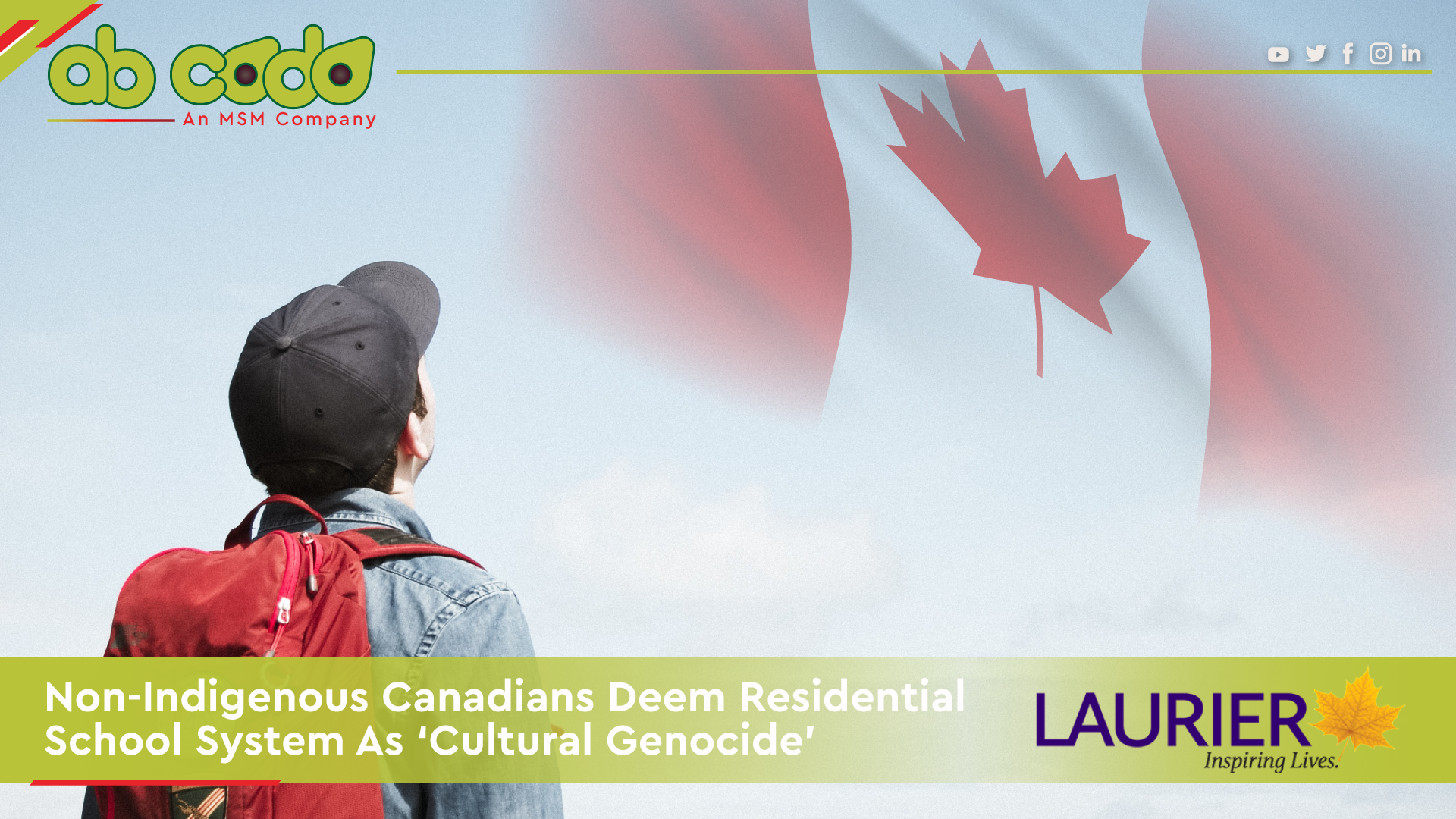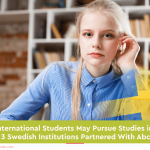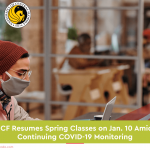A recently conducted Wilfrid Laurier University study revealed that 72 percent of non-indigenous Canadians support acknowledging the country’s residential school system as a “cultural genocide.”
Such findings, according to Andrew R. Basso, a Laurier Institute for the Study of Public Opinion and Policy adjunct faculty member and a co-investigator of the study, causes concern since it reflects how a change in public perceptions remains unseen even after six years of efforts by the Truth and Reconciliation Commission.
Key Takeaways:
- A recent Wilfrid Laurier University study talked about non-indigenous Canadians’ perceptions about the residential school system and indigenous peoples.
- The study revealed that 72 percent of these respondents support acknowledging the country’s residential school system as a “cultural genocide.”
- This Laurier study result is higher by 2 percent compared to the Angus Reid poll conducted in 2015 following the release of the final report of the Truth and Reconciliation Commission.
Moreover, even after the terrible rediscovery of mass graves at former residential school sites this summer, people’s perceptions remain unchanged.
This Laurier study also marked a two-percentage edge over the Angus Reid poll conducted in 2015 following the release of the final report of the Truth and Reconciliation Commission of Canada.
Completed by 1,500 participants in early August 2021, the study has also found that genocide recognition differs across a wide range of political party affiliations, which is to say, that when examined closely in terms of the political party, support for acknowledging the residential school system as genocide is higher among voters for the NDP (83 percent), Bloc Québécois (75 percent), Liberals (74 percent), and Green Party (73 percent).
Contradictory to these figures, among supporters of the Conservative Party and approximately half of the small sample of People’s Party voters, the agreement plummets to 59 percent.
The study also sought out Canadians’ stand on seven specific recommendations to advance reconciliation out of the 94 calls-to-action laid out by the Truth and Reconciliation Commission of Canada and from other policy proposals. On average, participants agreed with just two or three of the recommendations, while 12 percent agreed with none at all.
Among the specific recommendations included are increasing the visibility of indigenous subjects in the media and changing current and new government funding allocations.
For Andrea Perrella, associate professor of Political Science and co-investigator of the study, Canadians may have less sympathy and understanding than the Truth and Reconciliation Commission might have hoped.
Toward the end, Laurier researchers frame the study’s findings in the context of “thin sympathy,” which argues that dominant societal in-groups must develop a sympathetic response toward out-groups who have a long history of marginalization and underrepresentation.
Abcodo is an MSM company that serves as the in-house recruitment partner of MSM Unify, a student recruitment and marketing platform that connects partner schools to top-tier agents and their students worldwide. Sign up now to get the latest updates and information on international student recruitment.









